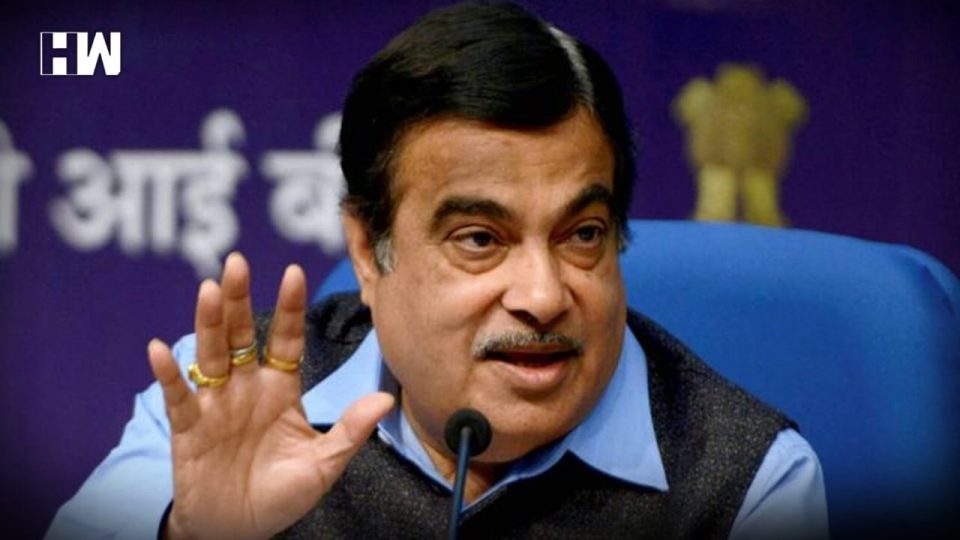Mumbai | Union minister Nitin Gadkari expressed hope here today that the Ganga river will become completely clean by 2020 considering the pace at which its rejuvenation programme was in progress.
He said most of the 221 projects under the Namami Gange Mission worth Rs 22,238 crore are at advanced stages of completion.
“Considering the pace at which the works are awarded and getting completed, we are hopeful that by March 2020, river Ganga will be completely clean. It is a difficult task, but we will complete,” the Water Resources and Ganga Rejuvenation Minister said.
The government’s flagship project has progressed well and nearly 70-80 per cent of the work will be completed by March 2019, he added.
Gadkari said apart from cleaning the Ganga river, work is also undertaken to clean the tributaries and nallas that flow into the main river.
“All these projects are done by private players and I have not given any responsibility to any of the corporations.
I cannot depend on the government for taking ahead these projects and so we have given the responsibility to the private sector to monitor them real-time using the best IT methods,” Gadkari said.
The minister was speaking at an event here organised by the Indian Merchants’ Chamber (IMC).
The Namami Gange Mission consists of 221 projects 194 of which deal with constructing STPs, rural sanitation and bioremediation largely spanning Uttarakhand, Uttar Pradesh, West Bengal, Bihar and Jharkhand, which are responsible for most of the pollution, he said.
Gadkari said over Rs 3 lakh crore worth road projects, were stalled before he took charge of the ministry.
“We introduced the hybrid annuity model (HAM) in the road sector giving it a boost. Similarly, we introduced the model in sewage treatment and already two projects are under implementation,” he said.
Works on two projects (50 MLD in Varanasi and 82 MLD in Haridwar) have been started under the HAM and other projects that are sanctioned include Naini, Jhusi, Phaphamau, Unnao, Shuklaganj, Mathura, Kanpur, Mirzapur, Gazipur and Farrukhabad in Uttar Pradesh; Digha, Kankarbagh and Bhagalpur in Bihar; Howrah, Bally and Tolly’s Nalla (Kolkata), Kamarhati and Baranagar in West Bengal, he said.
“These sewage management projects will take care of the current gap in sewage treatment and also sustain the sewage treatment for future,” Gadkari added.
He further said that work has started on the National Waterway 1 project from Varanasi to Haldia and there are plans for four multi-modal transit systems, 16 river ports, nine ferry services and eight Ro-Ro services.
“On the lines of air traffic control (ATC), we are starting river traffic control system between Haldia and Patna and we hope to take it up to Varanasi in one month,” Gadkari added.
As a part of the contribution towards the Clean Ganga Fund, IMC president Raj Nair and former president Nanik Rupani handed over a cheque of Rs 25 lakh to Gadkari.
As an independent media platform, we do not take advertisements from governments and corporate houses. It is you, our readers, who have supported us on our journey to do honest and unbiased journalism. Please contribute, so that we can continue to do the same in future.

